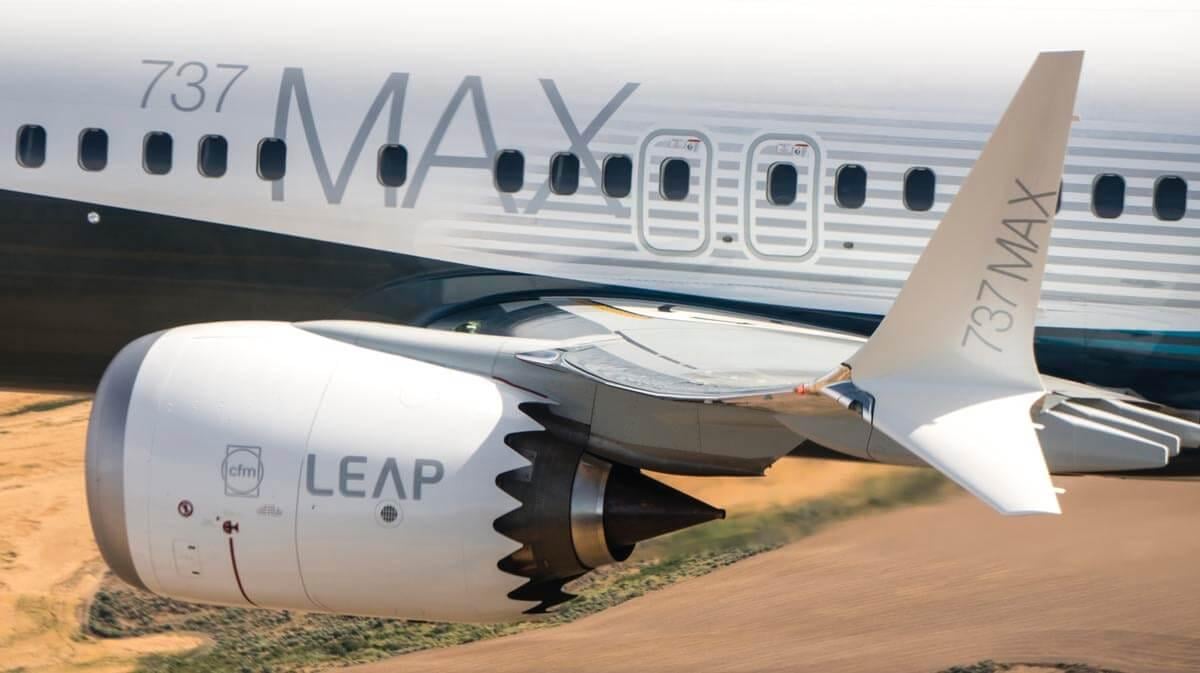
Europe will account for 23% of new engine deliveries over the next decade, and these deliveries will outpace retirements, which will peak in the region at 600 in 2025, according to Aviation Week Network's latest Civil Aviation Fleet & MRO Forecast.
WASHINGTON—The FAA plans to require Boeing 737 MAX operators to replace a poorly designed engine-access door component with an updated version after a mechanic was injured when one of the original parts failed.
A draft airworthiness directive published April 17 targets spring door-opening system actuators that help to open engine fan cowl doors. The telescopic assembly’s original design connects the spring-loaded actuator’s inner tube with a bracket that uses epoxy and a pair of roll pins, the FAA explained. The actuator stays spring-loaded even when it is extended while the cowl door is open.
A mechanic changing one of the actuators was injured when it “came apart with spring-propelled force,” the agency said. It did not provide any other details on the incident.
“The FAA has determined that this design, together with spring preload, caused these parts to break,” FAA said.
Boeing’s review of the part also found the original design obscured a safety marker meant to alert technicians about the actuators when the cowl doors are open.
Boeing supplier General Aerospace designed a new actuator, and the airframer recommended in a November 2019 bulletin that 737-8 and 737-9 operators upgrade the part. The FAA’s proposed directive is based on Boeing’s recommendation.
The new design includes a stronger bracket joint and calls for replacing the pins with rivets. It also changes the location of safety markers.
The draft directive does not say when operators would have to remove the old actuators, referring to Boeing’s bulletin for compliance times. The directive would prohibit installation of parts from the older design, ordering them removed from inventories.





